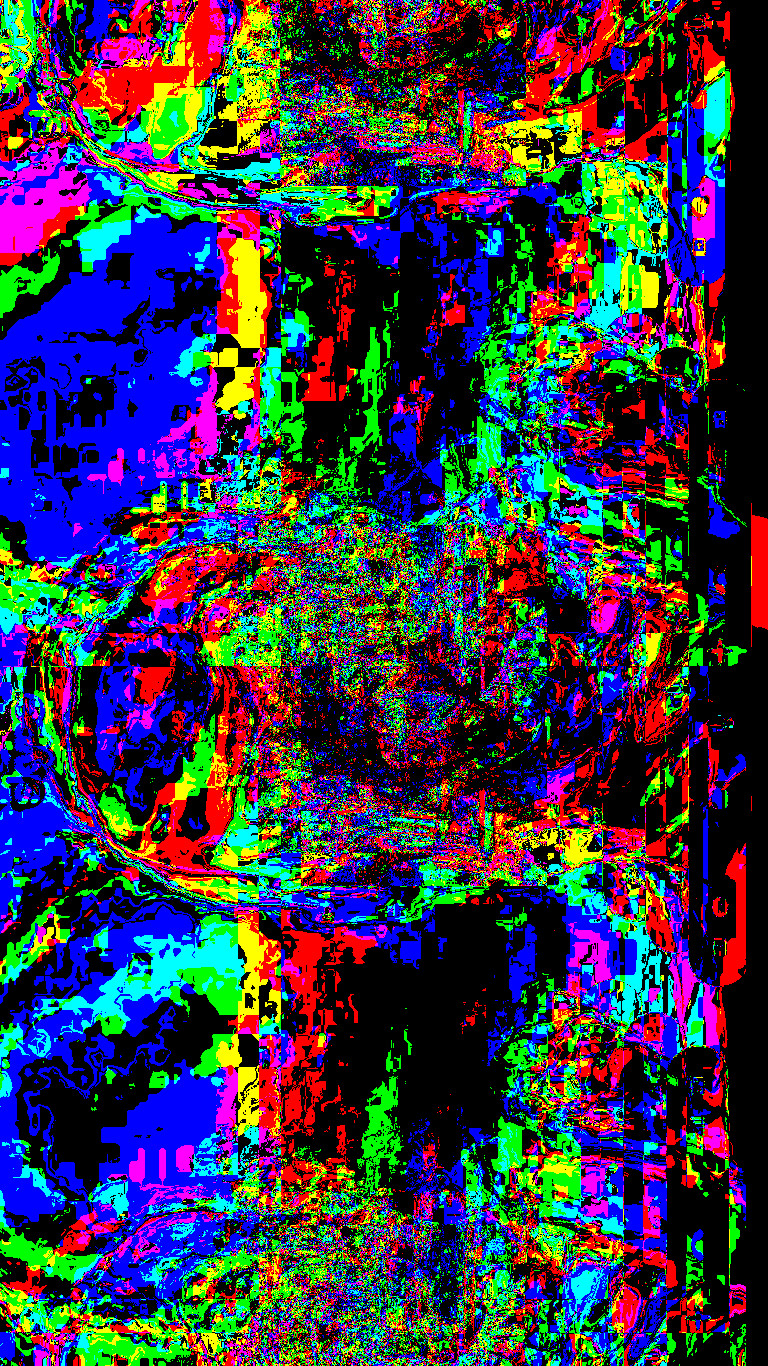revew: Jon Spooner and Chris Thorpe – Am I Dead Yet?
Am I Dead Yet?/
by Jon Spooner and Chris Thorpe/
developed in collaboration with Dr Andy Lockey/
unlimited theatre/
The Royal Exchange Studio/
21/4/2016//
I don’t believe writing retrospectively about events ever ceases being an act of resurrection. And I do believe that language is a constant act of casual resurrection. Remember this, remean that, do you recall. We do recall. Without the act of recall, language wouldn’t work and without the act of recall, theatre wouldn’t work, and criticism certainly wouldn’t work. We are performing memory tricks, when we communicate, when we encourage, when we evaluate, manipulate and make feel. (Not tricks in a disingenuous sense, but the sense of a feat.)
[notes made 22.04.2016]
I come back to Am I Dead Yet?, as I always meant to do, at some point. It’s lingered, and I feel like I somehow set myself a task to keep documenting my responses to work by Chris Thorpe. I’ve largely forgotten the experience of seeing the show, but that’s a given. That’s the difficulty of criticism to begin with – our brains are not perfect machines, nor is our language, nor are our methods of reading it. Short of cryogenically freezing my brain mid-show, my experience disappears liquidly whilst I have it. The show dies in the telling. I preserve and commemorate it in whatever way I see fit/am capable of. And let’s be honest, who knows how to read a frozen brain?
[Refraining the urge to articulate
articulate [def]
in the sense of limbs/limbed, digital dexterity driving my pen and the]
Am I Dead Yet? Concerns itself with the gap between living and being dead. There are three stories – each with living characters looking forward, with dread, with grief, with a detached professionalism, with a nonchalant acceptance. There is a strong theme of the relationship between the prevention of death (the prolonging of life) and technology. A little girl is brought back from the brink by sophisticated medical science, Jon Spooner and Chris Thorpe predict a future in which they are able to die, for a bit, for some time off, to be resuscitated at a later date. The audience are taught CPR, another technology of preservation.
I am led to consider theatre/art as a technology of preservation. A technology of communication, of translation, of creating some sort of transferable record out of our thoughts, our experiences. And criticism/tweeting/conversations in the bar as a part of that generation of an experience and a record of that experience. Life is valuable and we must preserve it, but in acting on that impulse we preserve the idea that life is valuable and must be preserved. In carrying out my act of preservation, I agree; this art is valuable and must be preserved. Regardless of how effective I am, I try.
[Very simple: three stories, past, present and future
all about dying, rather than death because dying, like grief, is a process which can run in different directions]
There is a gap, too, between the stories being delivered and the mode of performance (technology, if you will) chosen to deliver them. Not a disconnect, just the fact that they are not the same thing. There is a gap between the performers and the audience, between the blocks of seating, between the audiences of different nights. The show, the technology, the idea of conquering death, bridges those gaps and unites them under a single entity. Death unifies us all. We all know what it is. And it strikes me how interesting it is that we being a roomful of totally unique consciousnesses means we will have totally separate and unique experiences of a theatre show about the one certainty.
It makes the final story, the idea of conquering death, very poetic.
[Death is not a conscious process, if anything it’s anti-conscious, you become less capable of noticing the longer you experience it.
Maybe theatre is a battle against familiarity – an effort to produce a new-ness of experience]
I have a huge amount of faith in medical technology. Knowing that an ill loved one is in the hands of strangers with qualifications and expensive machinery makes me for more at ease than if they were surrounded by friends and relatives. People are scared of hospitals because they are centres of death, but only by virtue of their being centres of battles for life. White bloodless corridors and teal gowns that show up stains do not distract us from why we are there.
Am I Dead Yet? is not a white, teal distraction. I am forced to consider death. My own, that of those sat around me, that of this work I am watching. But I feel no fear. A lot of joy, and no fear. The technology that surrounds me is not medical, but it does reassure me. I feel incredibly safe amongst singing, storytelling, form, content, Spooner and Thorpe. I will not unpick this safety but I know it is no accident.
[The use of familiar subject matter makes it more impressive how affecting all this is]
The night is a confrontation of gaps: the vacancy of death. The haunting certainty of its eventual presence. We all share that knowledge, of the gaps that wait for us to fall into them, of the safety nets and umbilical cords that slow our fall. This show is another small link, to keep us from worry, as some gap is bridged, in one way or another, the audience invited to sing, ‘Oh, I think I’ll die. Oh, I know that I will die.’
[And a nice song
And I cried]
